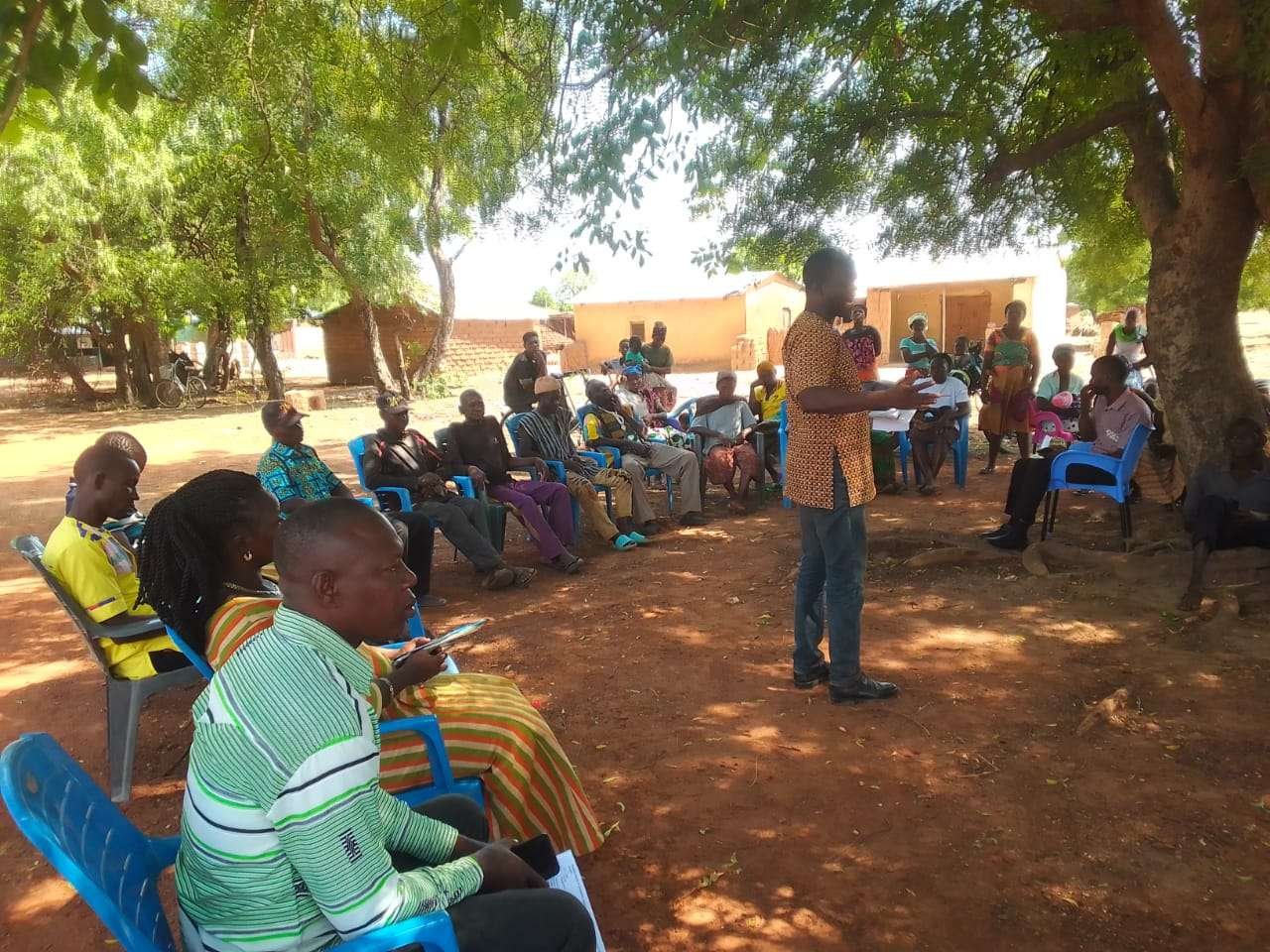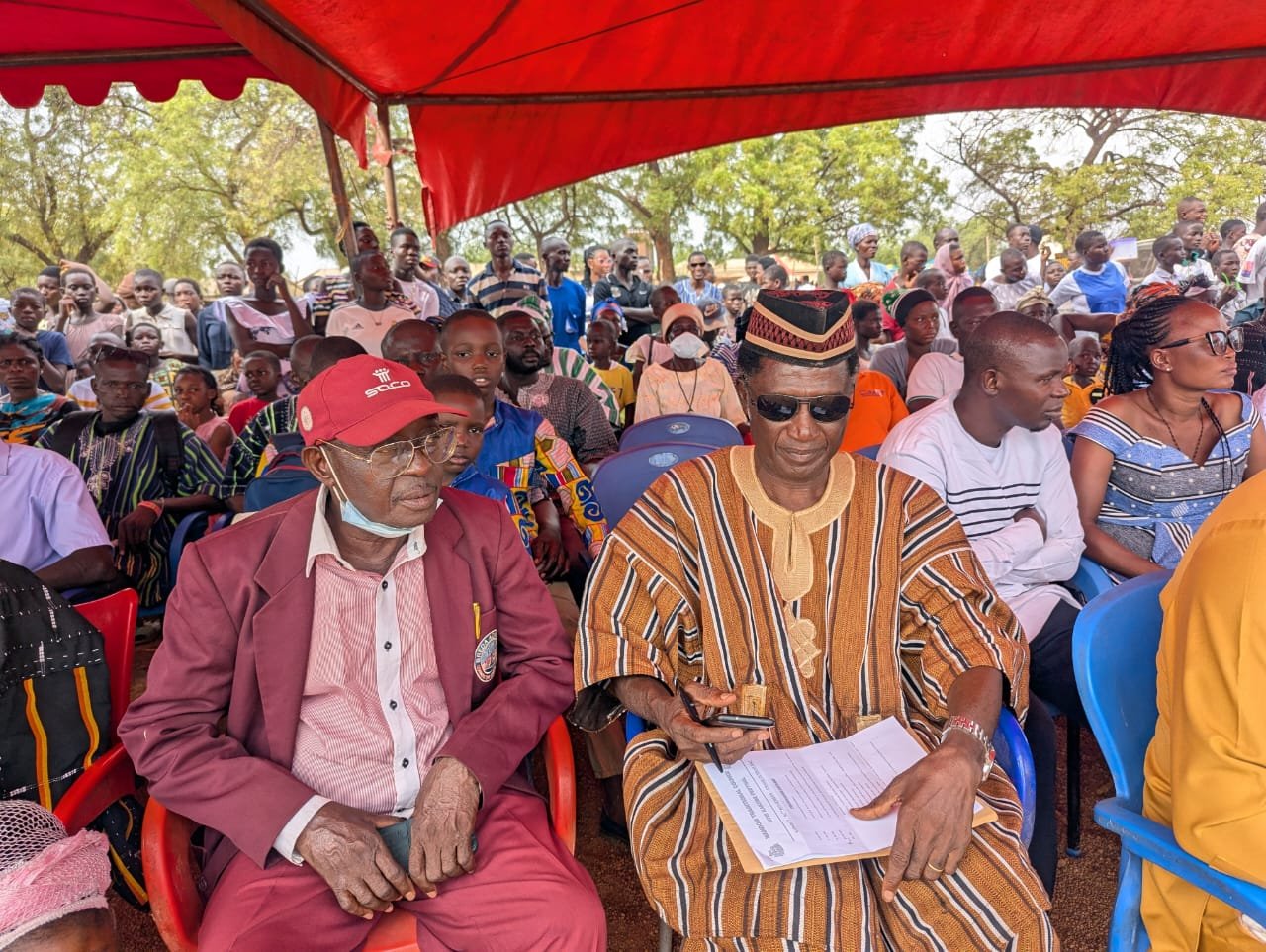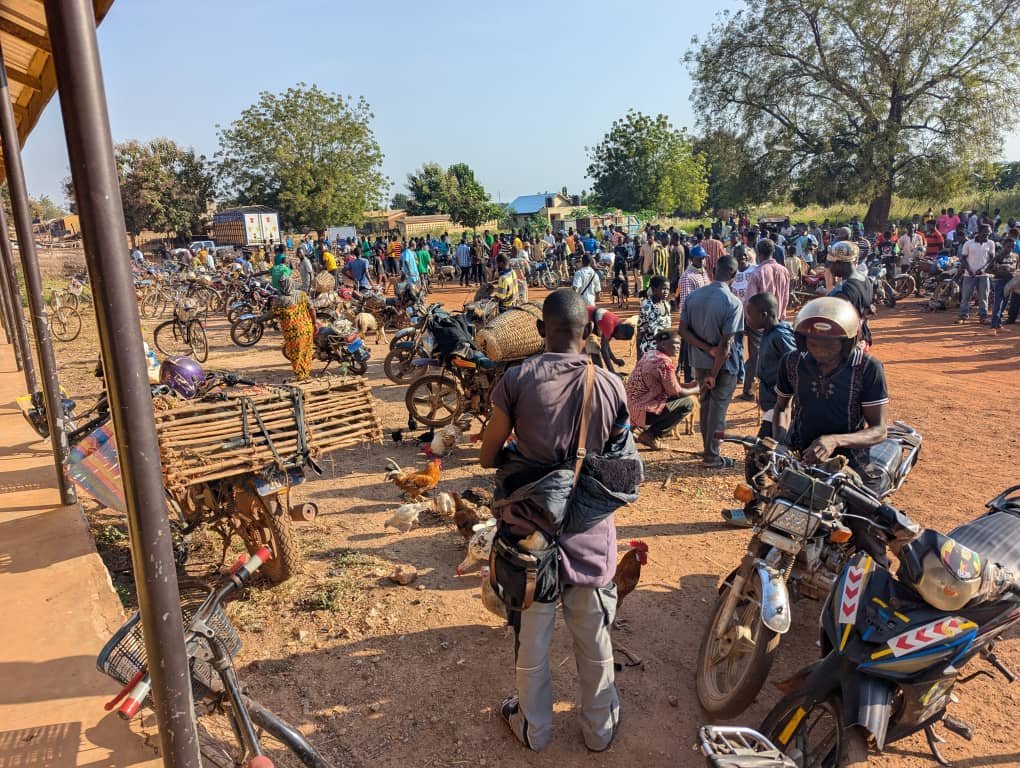A recent community engagement in the Ullo Traditional Area of the Jirapa Municipality has revealed an alarming surge in school dropout rates, sparking concern among educators, stakeholders, and local authorities.
During a dialogue organized by the Jirapa Farmers Network (JIFAM) in collaboration with ActionAid Ghana, stakeholders including teachers, traditional rulers, parents, and community leaders gathered to assess and address the troubling trend. The engagement uncovered disturbing statistics from schools in Ul-kpong and Ul-dantie, two communities within the traditional area.
A particularly shocking revelation emerged from the Islamic Primary School in Ul-dantie, where no pupil was enrolled in the Kindergarten 2 (KG2) class. This means there will be no Primary 1 class in the next academic year—a development described by education officials as deeply concerning.
According to Edward Zuri, the Ghana Education Service (GES) officer responsible for supervision in the Ullo area, dropout figures from Ul-kpong Primary School between January and June 2025 are as follows:
- KG1 – 16
- KG2 – 9
- Primary 1 – 12
- Primary 2 – 9
- Primary 3 – 3
- Primary 4 – 1
- Primary 5 – 5
- Primary 6 – 2
For the same period, Ul-dantie’s Islamic Primary School reported:
- KG1 – 0
- KG2 – 0
- Primary 1 – 11
- Primary 2 – 1
- Primary 3 – 3
- Primary 4 – 6
- Primary 5 – 5
- Primary 6 – 4
Stakeholders identified a range of causes behind the dropouts. In lower primary levels, particularly kindergartens, many children are kept at home to act as caregivers for their younger siblings while their mothers attend to farming or household duties. For upper classes, reasons include child labor on farms, lack of parental guidance, truancy, inadequate school infrastructure, and commercial activities like illegal mining (“galamsey”).
Another notable factor contributing to dropout rates is the increasing preference among parents for their children to learn trades such as tailoring, smock weaving, and auto-mechanic work rather than pursue formal education.
Addressing the forum, Upper West Regional Labour Officer, Mr. Godwin Fuoh Bibariwiah cautioned parents and guardians against involving children in exploitative labor. He stressed that Ghanaian law prohibits any form of hazardous work or formal apprenticeship for children under the age of 15. Violators face legal penalties including imprisonment, fines, or both.
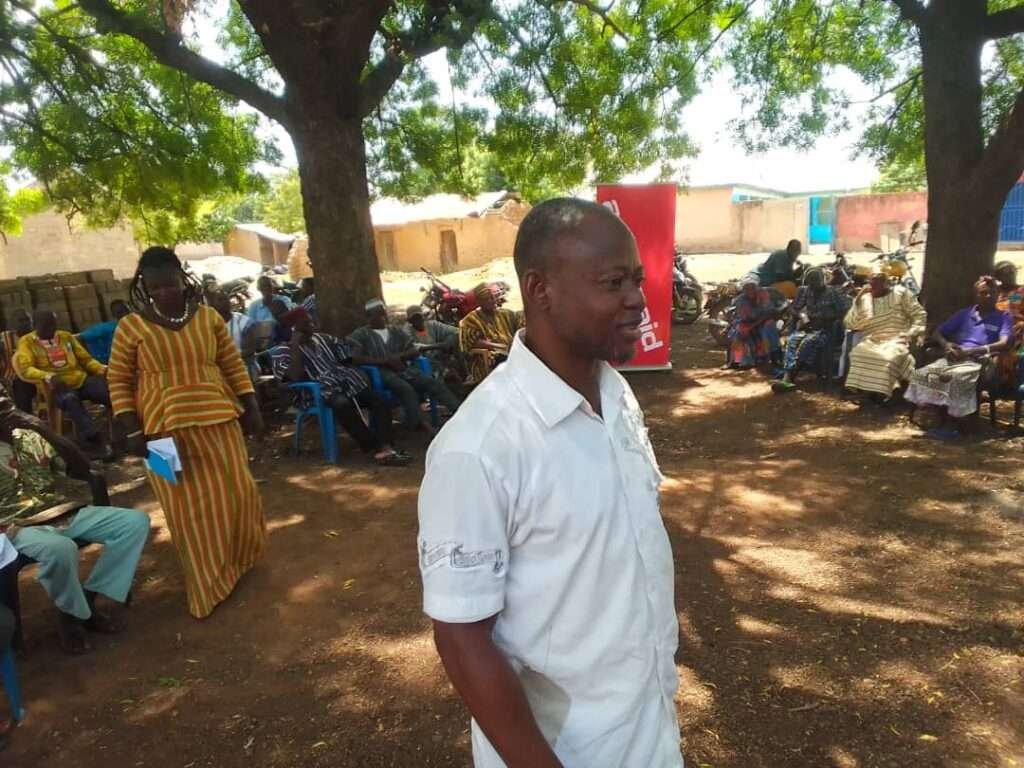
However, he clarified that children under 15 may engage in light, non-hazardous work—classified as “child work“—as long as it does not interfere with their education or health.
“Government is not against apprenticeship,” Mr. Bibariwiah said. “In fact, we support vocational skills development, especially in areas like IT and the oil and gas sector, which is why there is a strong emphasis on Technical and Vocational Education and Training (TVET).”
Sophia Jakpa, Gender Desk Officer at the GES Jirapa office, highlighted the availability of a re-entry program designed to support students who dropped out due to pregnancy, illness, or other challenges. She emphasized the need for commitment from students, parents, and the community to ensure the program’s success.
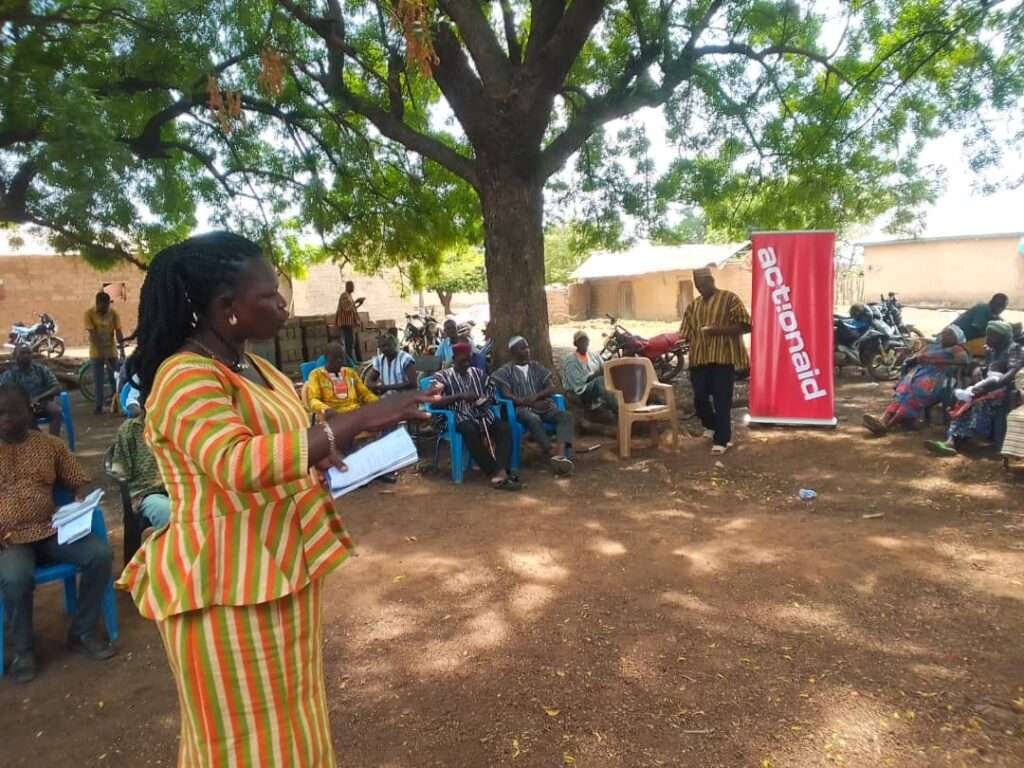
ActionAid Ghana’s Lambert Dasien reiterated the NGO’s commitment to reducing poverty through education and development initiatives in the municipality. He described the high dropout rate as “alarming” and called on all stakeholders—particularly traditional leaders, PTAs, and SMCs—to urgently work toward reversing the trend.
“Education is the backbone of development,” Dasien said. “We must act now to secure a better future for our children and our communities.”







